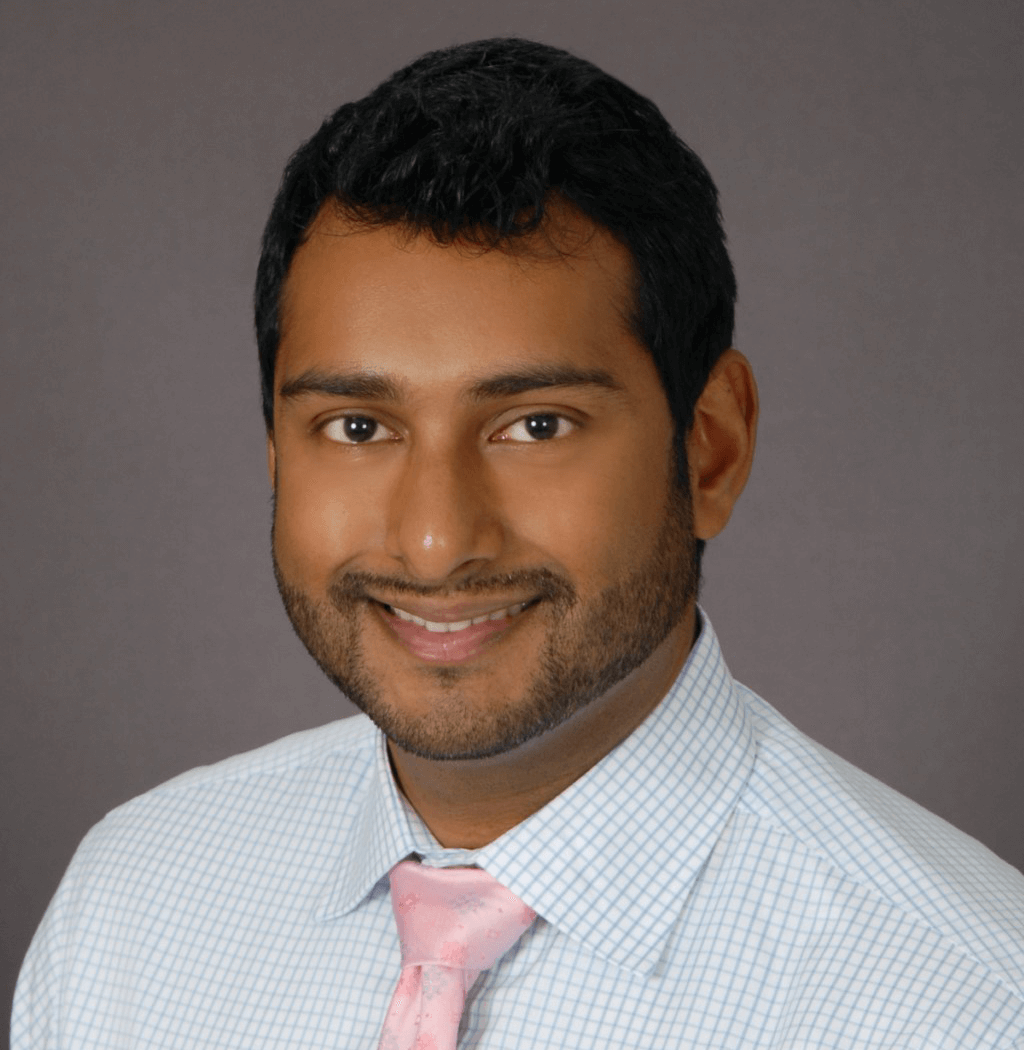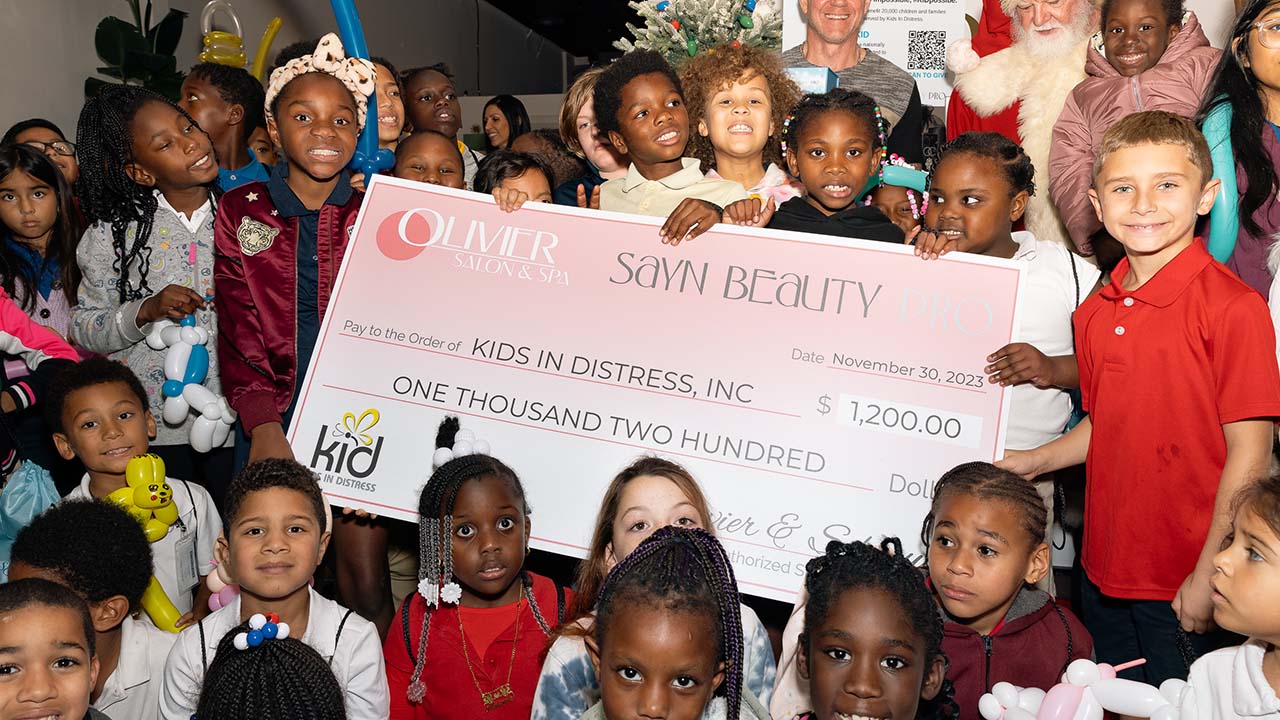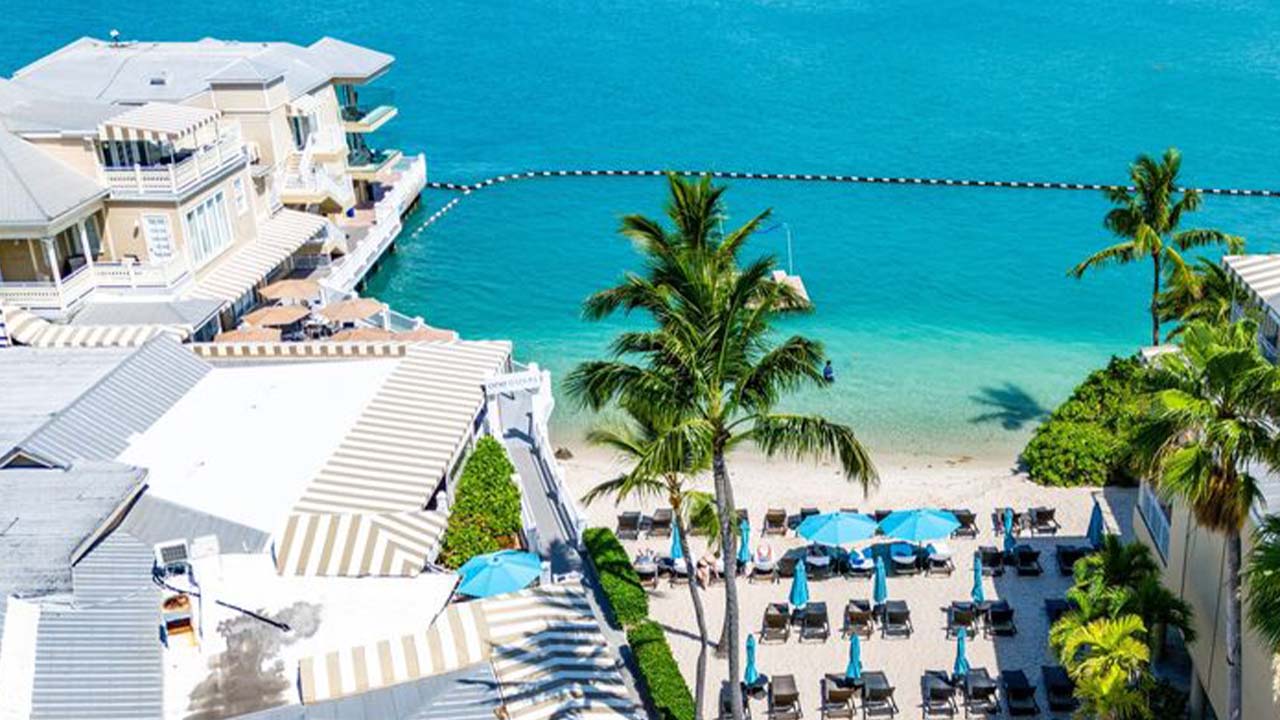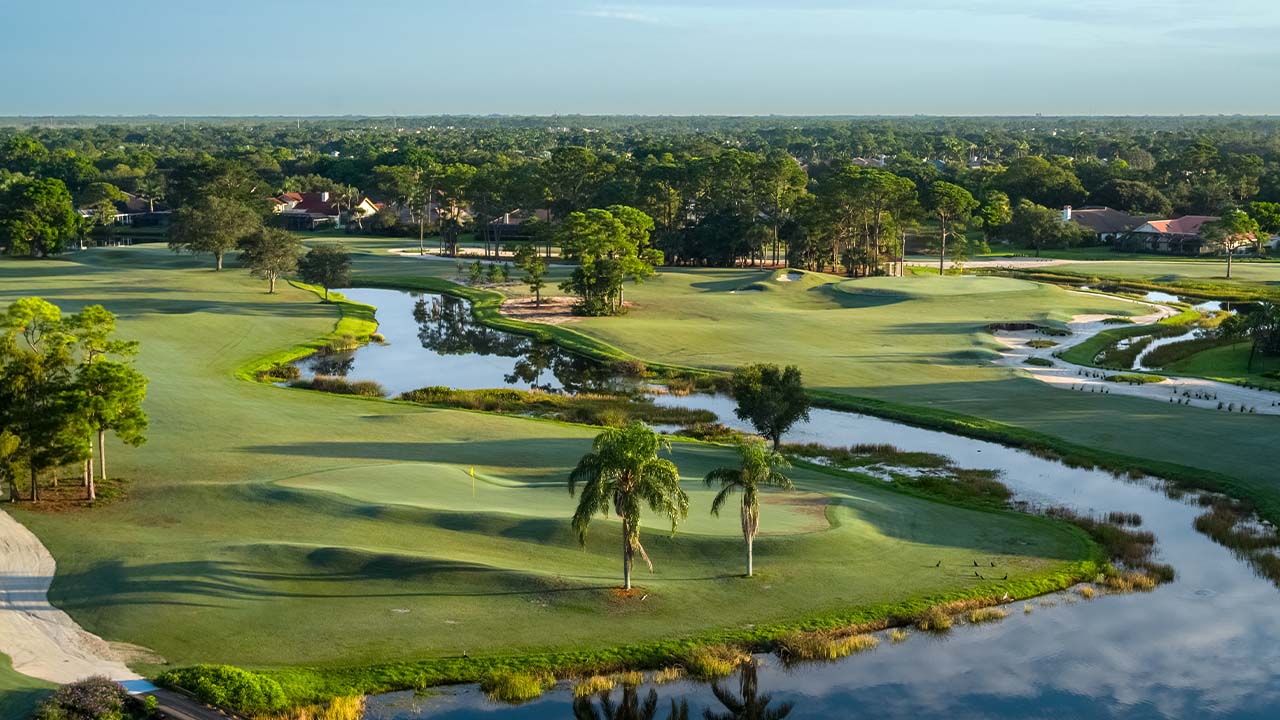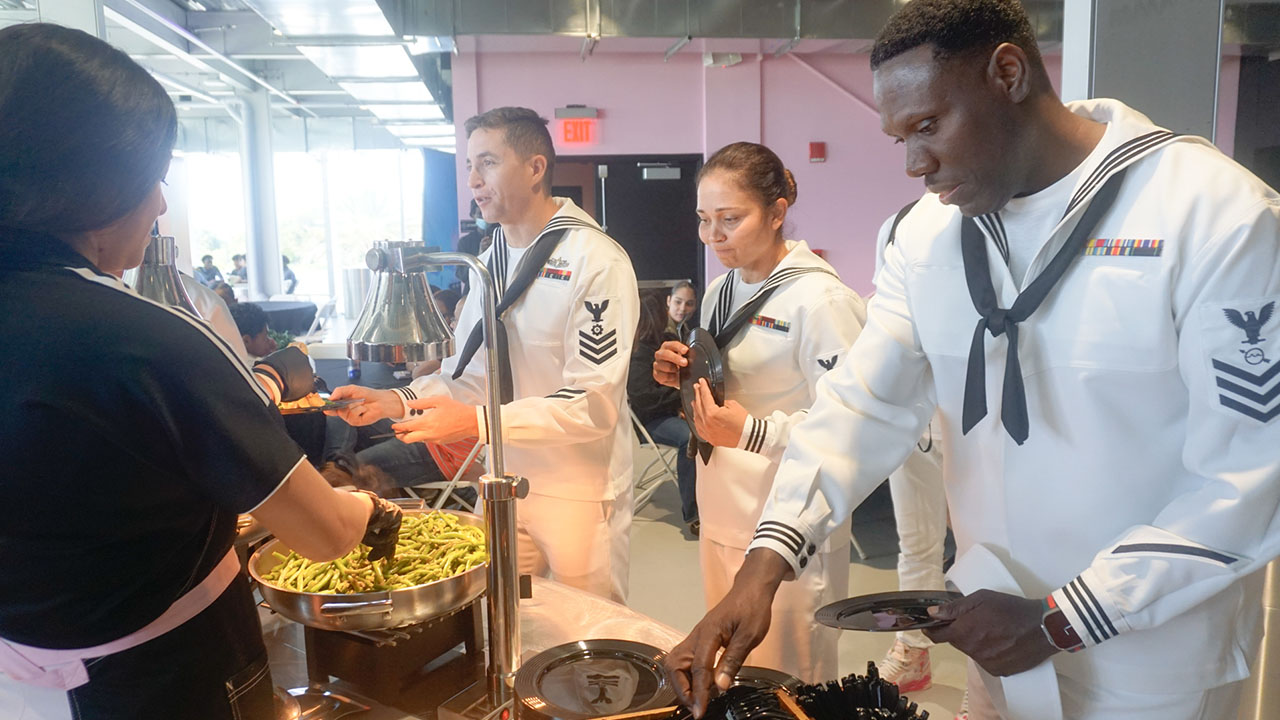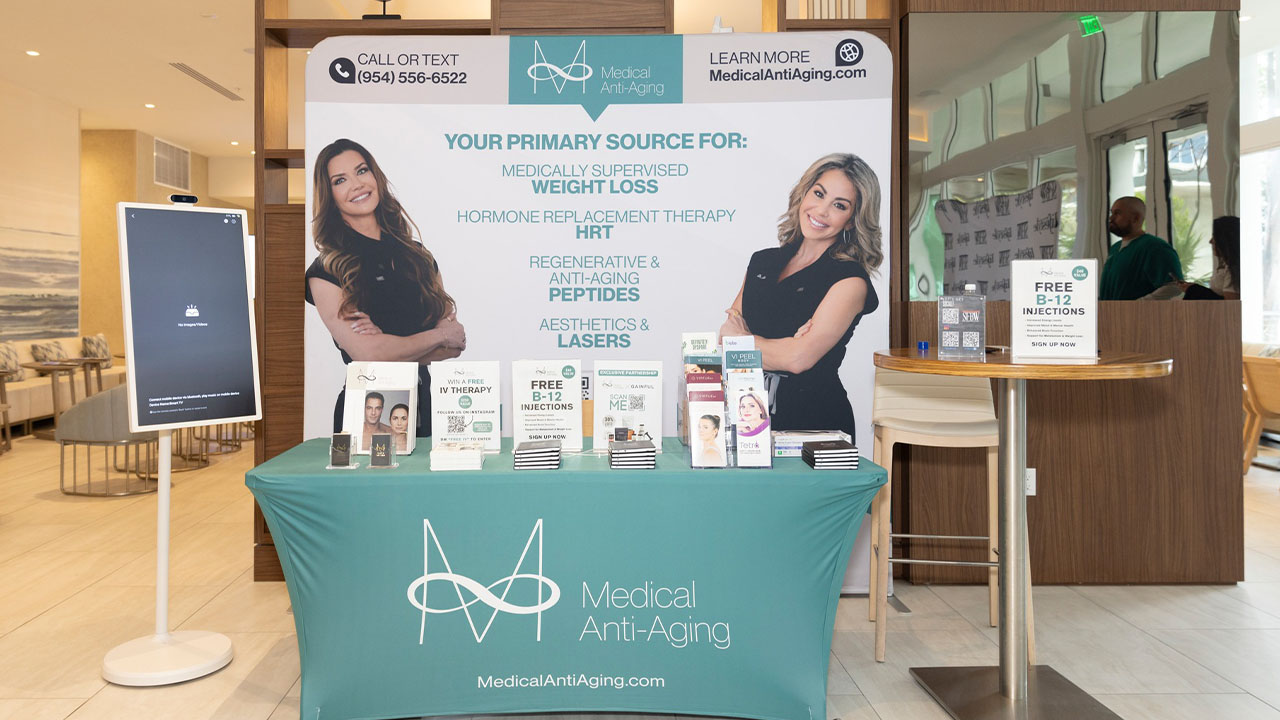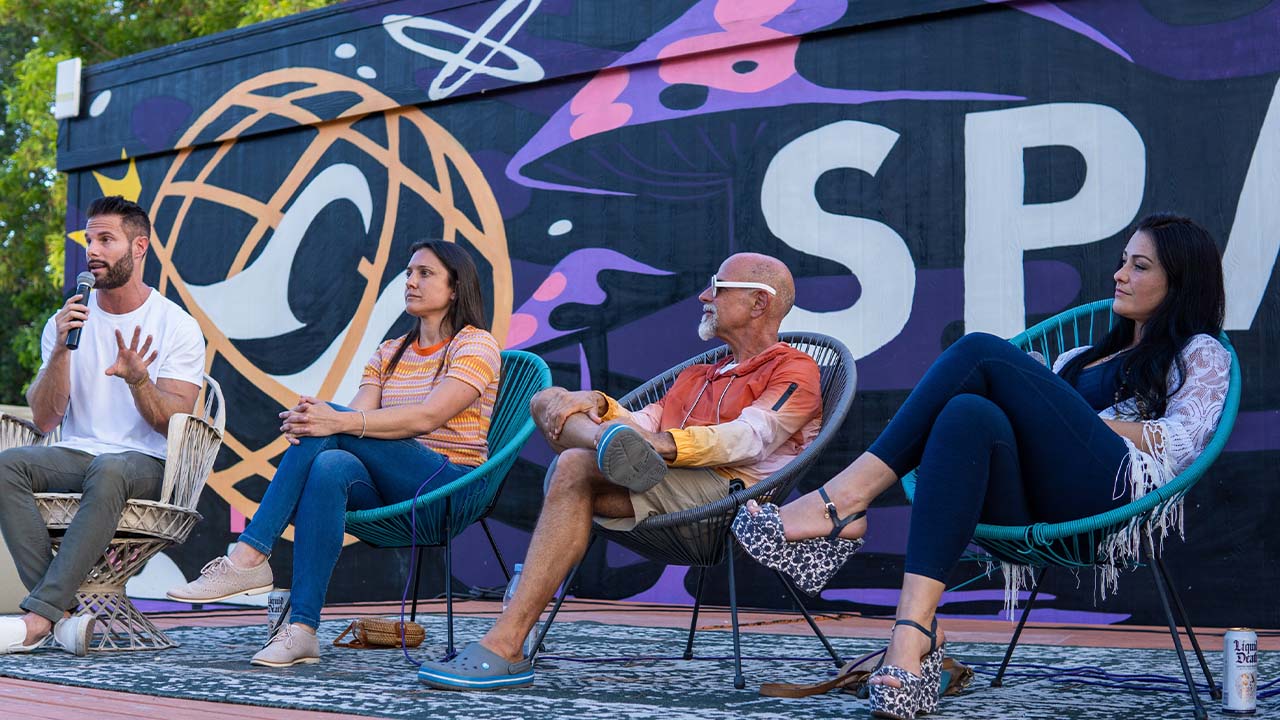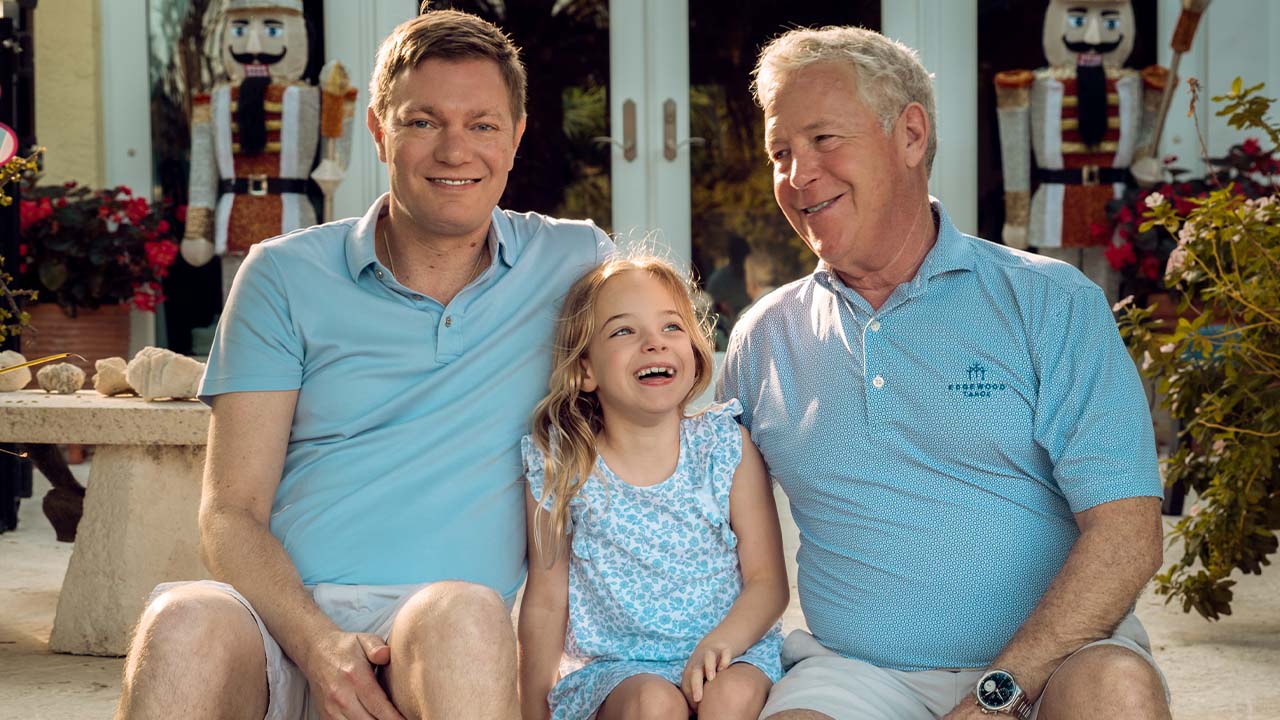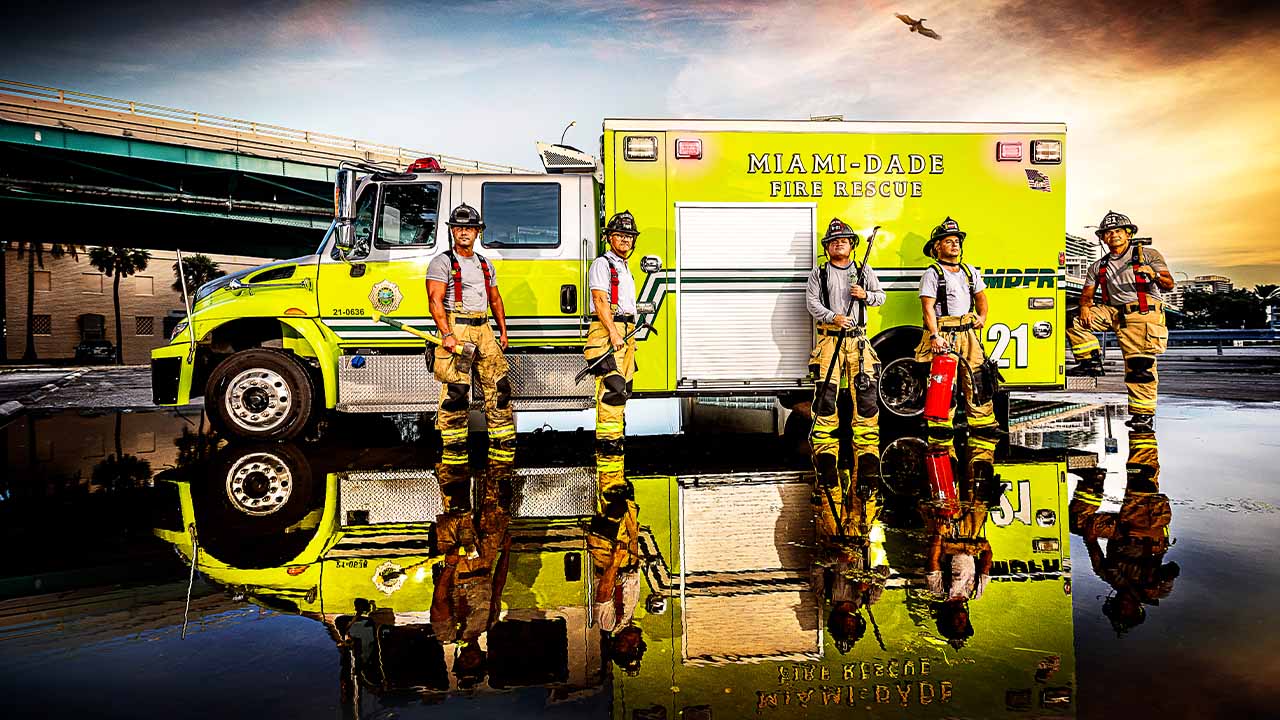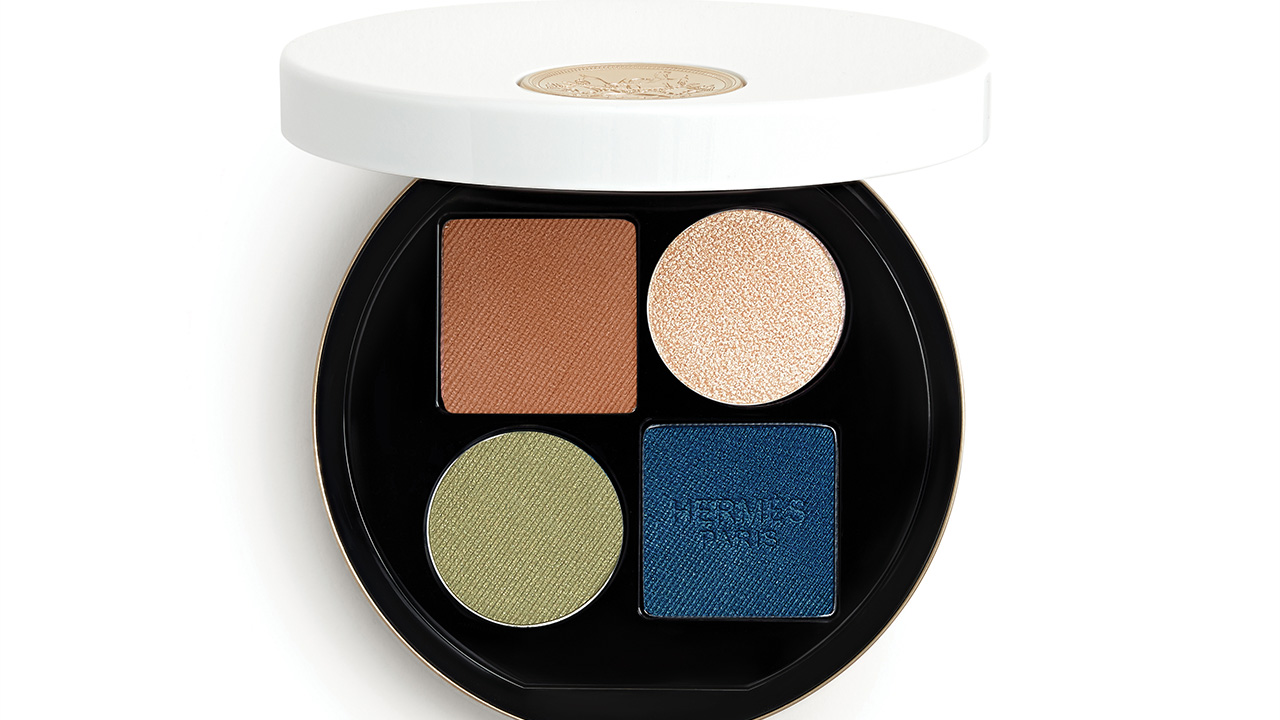Physician Gayan Poovendran was braving winter in Ohio when he learned of a job opportunity in South Florida. On a personal level, it gave the Indiana native access to year-round sunshine. Professionally, it gave the sports medicine specialist a chance to introduce a new treatment to the region’s athletes.
As part of his practice at Orthopedix MD in Fort Lauderdale and Margate, Poovendran offers platelet-rich plasma therapy, or PRP. The treatment helps speed healing by injecting a high concentration of platelet cells, the body’s natural first response to soft-tissue injuries. The result is pain relief and faster recovery times, significantly benefiting the athletes among his patients.
“What we find is that with some of these soft-tissue injuries, a lot of the time that we have to spend waiting is just waiting … for regenerative healing agents to get to the area,” Poovendran says.
“What the therapy is really doing is concentrating those factors, injecting [platelet cells] right into the injury site. This helps to speed up recovery, [and even] heal something that wasn’t healing to begin with.”
The procedure itself is simple. Blood is drawn from the patient’s arm and centrifuged to isolate the cells. Once the desired combination of platelets and plasma is achieved, the PRP is injected into the injury site. Poovendran performs all of his treatments as outpatient procedures; the entire process lasts approximately 35 minutes.
“Tennis elbow is a great one that people see good results with,” he says, adding that torn rotator cuffs, Achilles and patellar tendinitis, and plantar fasciitis also respond well to the therapy. Recovery time depends on the severity of the injury, but he generally says it takes six to eight weeks to gauge its effectiveness.
He uses PRP for athletes of all ages. With the rising competitiveness of youth sports, Poovendran treats a fair number of high school-age athletes, especially those who hope to compete in college sports. His expertise has earned him a position as the team physician for Cardinal Gibbons High School in Fort Lauderdale, as well as an opportunity to work with Nova Southeastern University this year.
Why Sports?
His road to medical school started as a youngster. Poovendran grew tired of going to the doctor when he suffered minor sports-related injuries, so he started doing his own research. He shared that knowledge with friends so they better understood their own twisted ankles and sprained knees.


